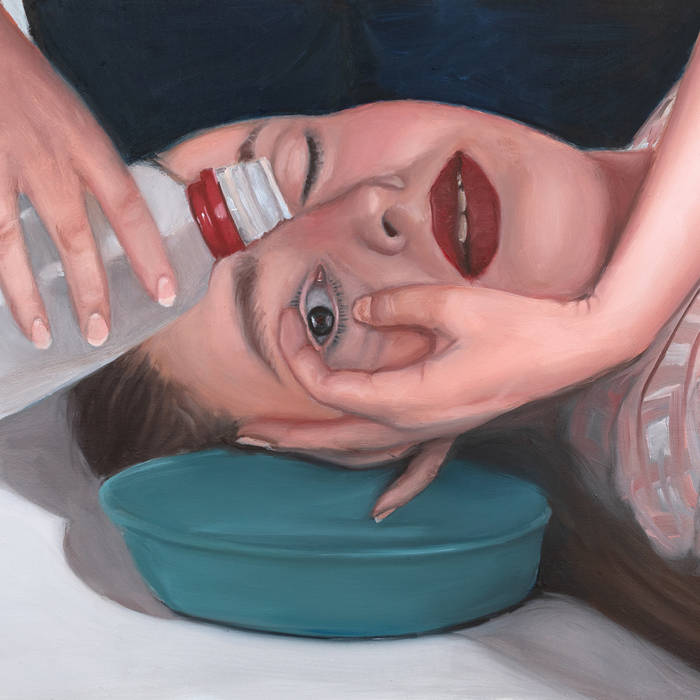VH1 and Sponginess
/For all my talk about metal, hip-hop, and my punk counterculture mentality (make no mistake, I am a hipster shithead at heart) I also have an affection for a very specific era of pop music. At the risk of talking about the same year again, 2006 was an important period because I had nothing better to do than absorb everything around me. I was culturally-conscious for the first time in my life, and as a result, much of what I care about stems from this time.
Specifically, in 2006 I had nothing better to do than watch VH1 every morning. It’s a weird go-to thing for a thirteen year old to watch on a saturday morning, but I guess at the time it was an intoxicating mixture of titillation and maudlin pop tunes. As seems to be a recurring theme during this time period, I just didn’t know any better. I was a sponge, happy to absorb whatever random droplets of media rolled my way. 2006 was also early enough that I couldn’t really seek out anything on the internet, and I was far too young (and lazy) to actually go and discover things in a record store. As a result, I defaulted to watching VH1 for one to two hours every morning. Nothing weird about that. Just a 13 year old boy watching the top 20 adult contemporary music videos. Over and over and over again.
While I think it’s a hilarious image in retrospect, I actually have a profound appreciation for what is ultimately just another year of generic pop songs. There’s probably someone a year older than me who feels the same way about 2005, and there’s probably someone a year younger than me who feels the same way about 2007. But for me, I have a soft spot in my heart for The All-American Rejects, The Fray, KT Tunstall, and Shakira. Her hips didn’t lie to me.
This Spotify playlist is relatively comprehensive and reflective of the hits that year. Now let me stop you before you say anything else. There’s a lot of corny shit in there. A lot. I recognize that. “Bad Day” by Daniel Powter? Yeah you’re the reason I’m having a bad day, Daniel. “For You I Will” by Teddy Geiger? How bout you don’t, Teddy boy. “Waiting on the World To Change” by John Mayer? How ‘bout you make the first move, Mayer. Yeah this is basically sitting in a dentist’s office waiting to get your teeth drilled music. This is some cornball shit, and I fully admit that. Sometimes dragging your shame songs out into the light is healthy.
VH1 wasn’t all bad at this time, there was also some genuinely good stuff from this era that I’ll still listen to occasionally: “Crazy” by Gnarls Barkley, “Dani California” by the Chilli Peppers, and “Idlewild Blue” by OutKast are all songs I unabashedly and unironically love. I just find it weird that all these genuinely (and objectively) great songs occupy the same space in my mind as stuff like “Unwritten” by Natasha Bedingfield.
God knows I’ll never put down an individual’s taste, but there’s no reason I can’t put down my own. I’m grateful that I moved out of this phase within a year and stopped relying on “the charts” for new music by the end of the year. I’m sad that this is the closest I’ll ever get to feeling like a member of the MTV generation. They got Nirvana, and I got Blue October. They got The Breeders, and I got P!nk. They got 90’s Madonna, and I got 2006 Madonna. It’s not all bad music, I’m just sad that these are the songs that I associate with my early teenage years. It could have been so much better. I could have been so much cooler. But hey, sometimes ya just gotta roll with the punches. Sometimes you can’t keep a 13 year old from obsessively watching Nelly Furtado. And now, for better or worse, 2006 pop is one of foundations of my musical pyramid. Such is life. Sometimes you can’t hide your inner teenager.









